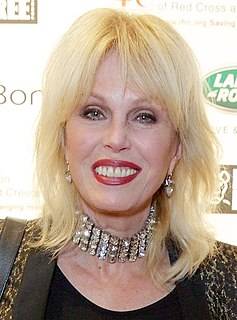A Quote by Tristram Stuart
Viewed from a holistic ecological perspective, some meat - such as conscientiously hunted animals - involves less suffering and environmental damage than arable agriculture, while both of these are significantly less harmful than indiscriminately purchasing meat on the market.
Related Quotes
If you like eating meat but want to eat ethically, this is the book for you. From the hard-headed, clear-eyed, and sympathetic perspective of butchers who care deeply about the animals whose parts they sell, the customers who buy their meats, and the pleasures of eating, this book has much to teach. It’s an instant classic, making it clear why meat is part of the food revolution. I see it as the new Bible of meat aficionados and worth reading by all food lovers, meat-eating and not.
While self-interest arising from the enjoyment of meat eating is obviously one reason for its entrenchment, and inertia another, a process of language usage engulfs discussions about meat by constructing the discourse in such a way that these issues need never be addressed. Language distances us from the reality of meat eating, thus reinforcing the symbolic meaning of meat eating, a symbolic meaning that is intrinsically patriarchal and male-oriented. Meat becomes a symbol for what is not seen but is always there--patriarchal control of animals and of language.
Some meat eaters defend meat eating by pointing out that it is natural: in the wild, animals eat one another. The animals that end up on our breakfast, lunch, and dinner plates, however, aren't those who normally eat other animals. The animals we exploit for food are not the lions and tigers and bears of the world. For the most part, we eat the gentle vegan animals. However, on today's farms, we actually force them to become meat eaters by making them eat feed containing the rendered remains of other animals, which they would never eat in the wild.
In spite of what moralists say, the, animals are scarcely less wicked or less unhappy than we are ourselves. The arrogance of the strong, the servility of the weak, low rapacity, ephemeral pleasure purchased by great effort, death preceded by long suffering, all belong to the animals as they do to men.
There is no doubt that some plant food, such as oatmeal, is more economical than meat, and superior to it in regard to both mechanical and mental performance. Such food, moreover, taxes our digestive organs decidedly less, and, in making us more contented and sociable, produces an amount of good difficult to estimate.


































